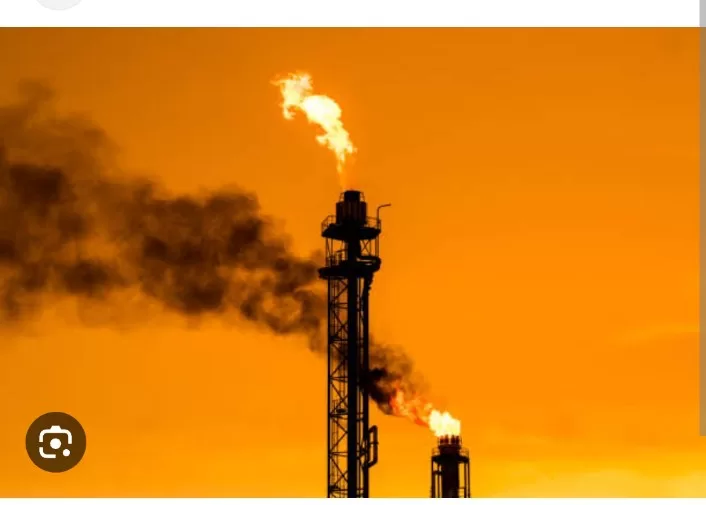In a momentous shift, the International Energy Agency (IEA) has declared that the world stands on the precipice of the fossil fuel era’s decline. For the first time, the IEA has projected that demand for oil, natural gas, and coal will all reach their zeniths before the end of this decade.
Newly unveiled projections from the IEA indicate that the consumption of these three major fossil fuels will begin to wane in the coming years. This transformation is attributed to the swift ascent of renewable energy sources and the proliferation of electric vehicles.
Fatih Birol, the head of the IEA, described this development as “the beginning of the end” of the fossil fuel era and emphasized the importance of preparing for the ensuing energy landscape. He lauded the effectiveness of climate policies, underscoring the pivotal role they have played.
In an op-ed for the Financial Times, Birol celebrated this “historic turning point” while urging policymakers to expedite the transition to cleaner energy and emissions reduction, despite the hurdles posed by politics.
Governments worldwide have ramped up investments in renewables in response to climate change and the energy crisis exacerbated by Russia’s invasion of Ukraine. However, these endeavors have faced pushback due to concerns about the cost of living.
The IEA had previously suggested that aggregate fossil fuel demand could peak around 2030, but it has now revised its projections forward. This adjustment reflects the accelerated adoption of renewable technologies over the past year.
Birol also highlighted China’s evolving economic structure, shifting from heavy industry to less energy-intensive sectors and services. He pointed out that China had been a significant driver of global natural gas and oil demand in the past decade but predicted that solar, wind, and nuclear power would soon outpace coal in the nation.
Birol stressed the need for policymakers to remain adaptable during this energy transition and advocated for more robust climate policies. He acknowledged concerns about public receptiveness to rapid change but maintained that acceleration could be achieved through the implementation of appropriate policies.
While the United States and the European Union have launched ambitious programs to promote renewable energy growth, they have faced criticism over the associated costs. Some political leaders have cautioned that such policies could drive voters toward populist parties.
Birol cautioned that large-scale new fossil fuel projects risk becoming stranded assets. He conceded that some investment in oil and gas supplies would be necessary to compensate for declines in existing fields.
However, both Birol and the IEA have faced criticism from major fossil fuel producers who contend that underinvestment in oil and gas supplies could lead to future energy crises if forecasts of demand peaking prove overly optimistic. OPEC accused the IEA of causing market volatility by advocating for the cessation of new oil developments.
Birol emphasized that oil and gas companies may misjudge not only public opinion but also market dynamics if they expect continued growth in demand throughout this decade. He cited significant climate and financial risks associated with new large-scale fossil fuel projects.
Birol implored policymakers not to become complacent, emphasizing the need for rapid emissions reduction after an anticipated peak in the mid-2020s to limit global warming to 1.5 degrees Celsius. He concluded, “We can speed this up if we put the right new policies in place. It is in our hands.”






